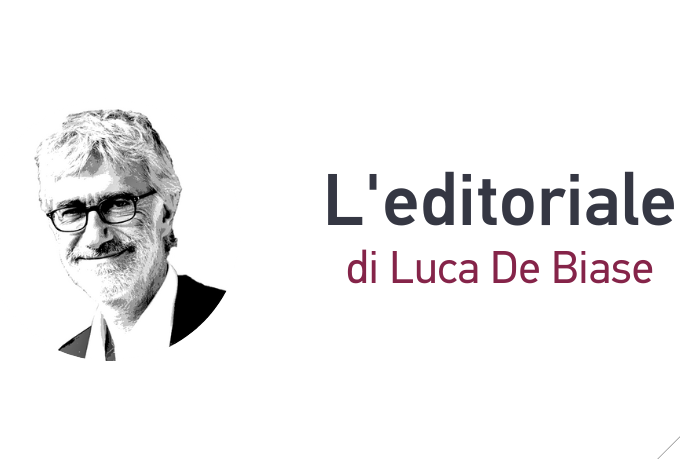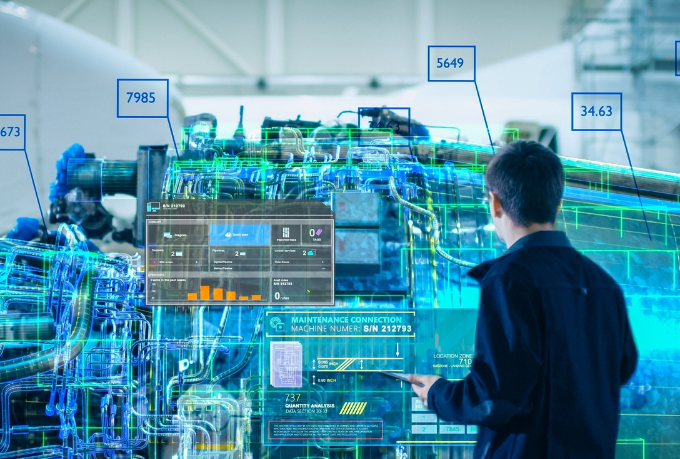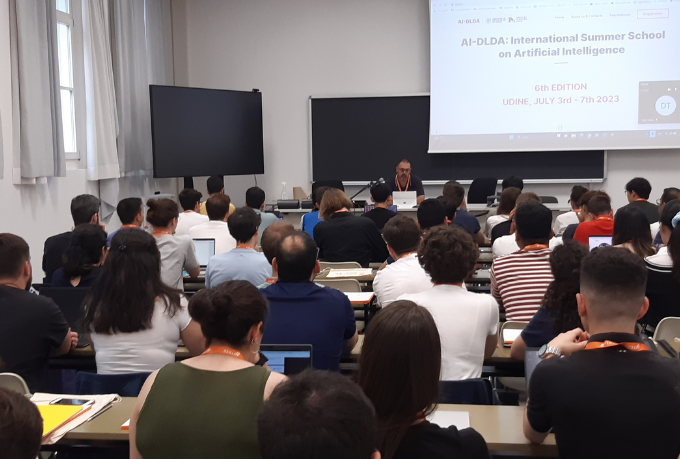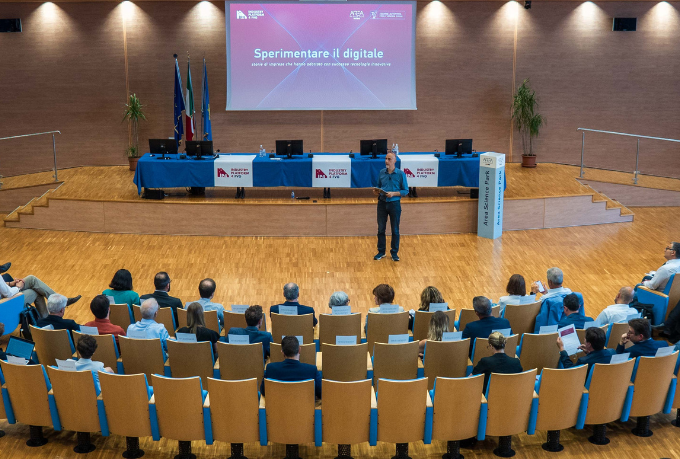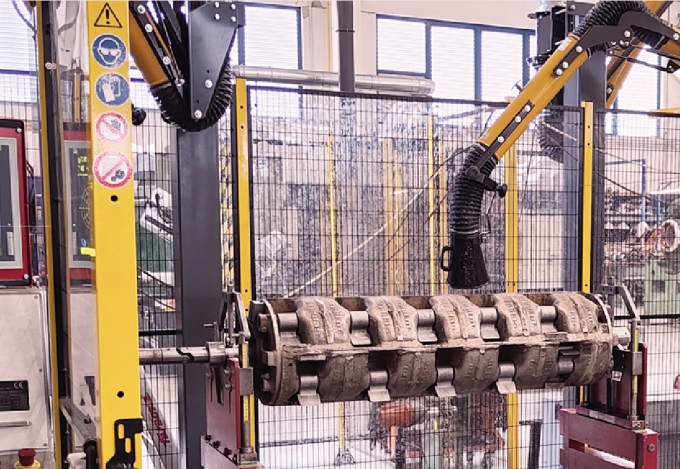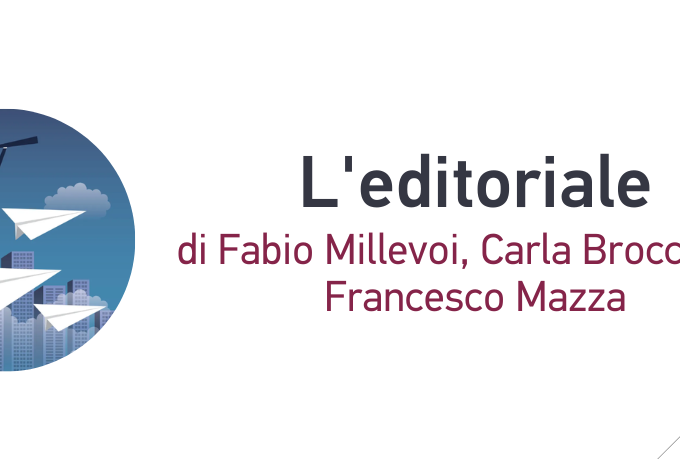
1 December 2022
Why does the construction industry need to step out of its comfort zone?
The building sector plays a strategic role in decarbonisation, energy transition and sustainable development strategies: overall, the EU building sector (a term that includes houses, workplaces, schools, hospitals, libraries and other public buildings) is responsible for about 40 per cent of total energy consumption and 36 per cent of greenhouse gas emissions, mainly due to construction, use, renovation and demolition activities.
In a context where climate change and related environmental emergencies impose new functional paradigms, buildings and construction must transform themselves into entities and activities that tend towards the ‘zero-emission’ paradigm, integrating dynamic and interactive energy systems.
The role of the so-called smart buildings becomes a priority even in a country like ours, which is tied to the legacy of a long classical tradition.
What is smart building?
The term smart building is used to define a building for residential, commercial or corporate use, in which systems are managed in an intelligent and automated manner in order to minimise energy consumption. Within a smart building, all elements are interconnected and communicate with each other in real time to ensure the efficiency of the facilities, but also the comfort, safety and health of the occupants.
The Intelligent Building is part of a new design trend, the so-called Sustainable Building or Green Building, which aims to reduce the impact of buildings, save energy and improve environmental performance.
Thanks to the use of sensors, actuators, IoT and Artificial Intelligence solutions, the smart building allows for real-time monitoring and control of environmental parameters, as well as the management and optimisation of plant operation and maintenance, and the reduction of energy consumption. In this way, it is possible to achieve significant economic savings and reduce the building’s environmental impact, while ensuring safety and comfort for users.
If the construction industry steps out of the comfort zone
Our country has always had a vocation for ‘classical culture‘ in the fields of architecture, engineering and construction, a characteristic that has made it well-known both within its borders and abroad. Does changing attitudes and methodologies risk compromising this identity? No, adopting smart solutions that move the construction world towards sustainability, innovating by embracing methodologies, tools and new technological solutions does not mean making a clean break from values and traditions in the construction sector. On the contrary, innovation can be an opportunity to reaffirm values, re-evaluate developed characteristics and enhance the system.
Social, economic and climate-related needs require now and more than ever before a clear stance and a change of direction that must represent an added value to tradition, not a limitation.




